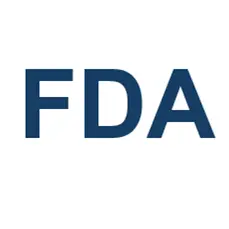L-theanine is a natural constituent of tea leaves (Camellia sinensis) and may act as a stimulant.
L-Theanine
Found In
- Bottled waters
- Breath mints
- Chocolate power bars and chews
- Coffee
- Fruit Juices
- Gums
- Hard candies
- Non-herbal teas
- Sport beverages
- Tea
Also Known As
- Gamma-Glutamylethylamide
- L-Glutamic Acid-γ-Monoethylamide
- L-TeaActive™ (GRN 338)
- N-Ethyl-L-Glutamine
- Suntheanine® (GRN 209)
- Y-Glutamylethylamide
The Beverage Bottom Line
L-theanine is authorized for use in the U.S. and Canada. L-theanine has not yet been evaluated for use in beverages in Europe.
This ingredient may have authorizations in countries not included on this site.
International Assessments and Authorizations

U.S. Food And Drug Administration (FDA)
Generally recognized as safe for intended uses. (GRAS FDA-Notified, GRAS Self-Determined)

European Food Safety Authority (EFSA)
EU considers L-theanine not novel in dietary supplements.
In 2011, EFSA reviewed health claims related to L-theanine.

Joint FAO/WHO Expert Committee on Food Additives (JECFA)
Not yet evaluated.

Health Canada
Permitted for use as a supplemental ingredient. Ingredient has a history of safe use as a food.
This page was last updated on 6/30/2025.
